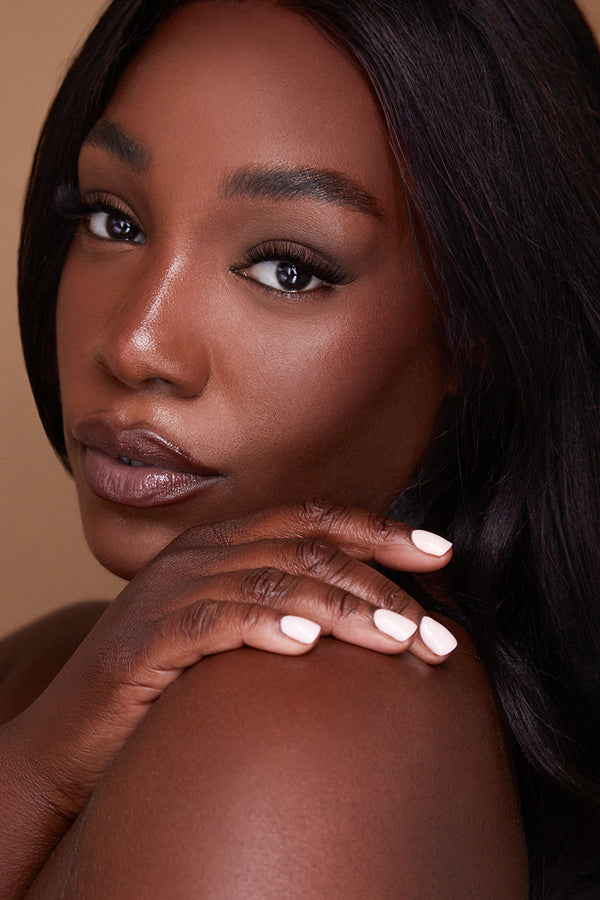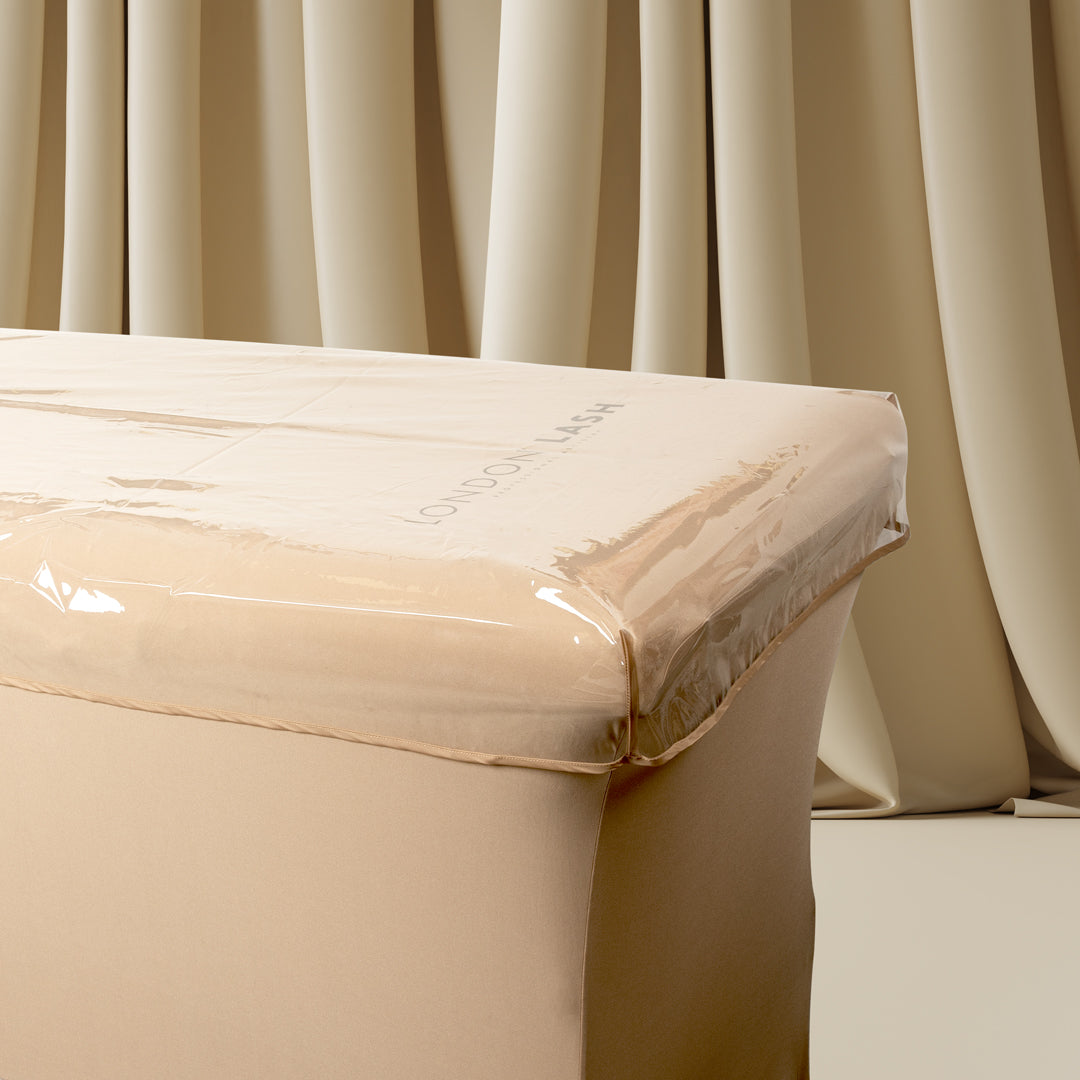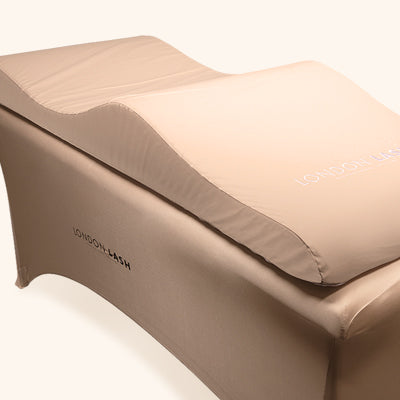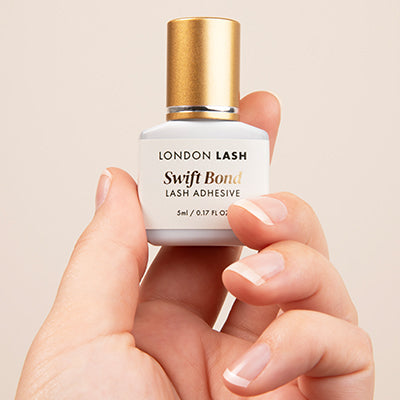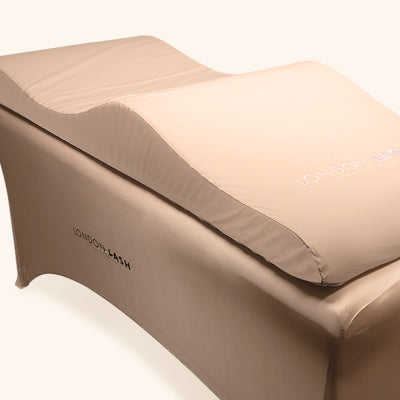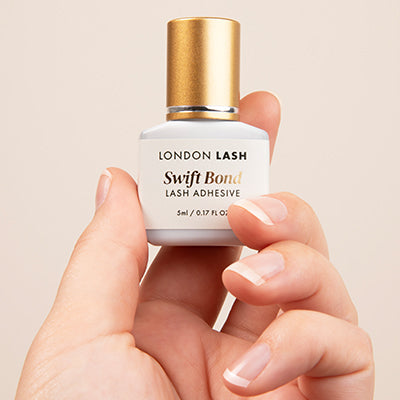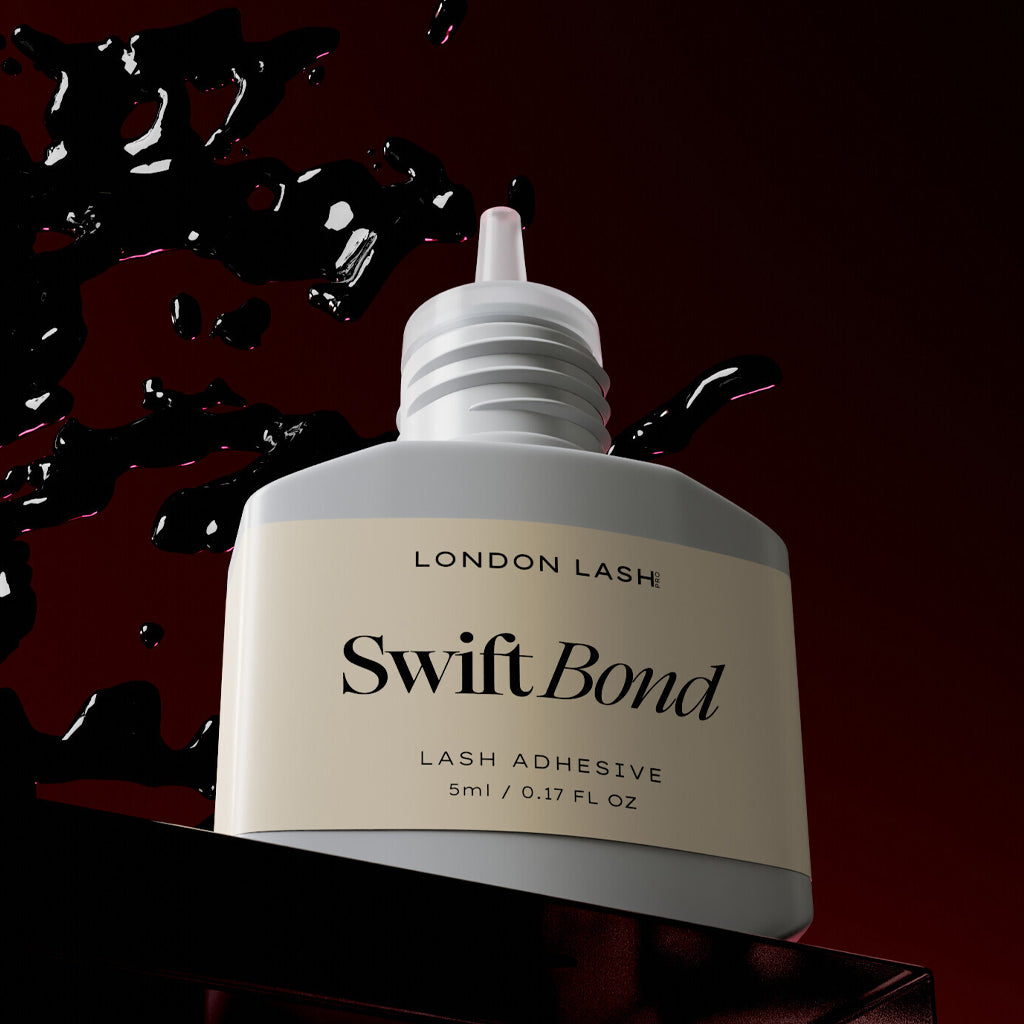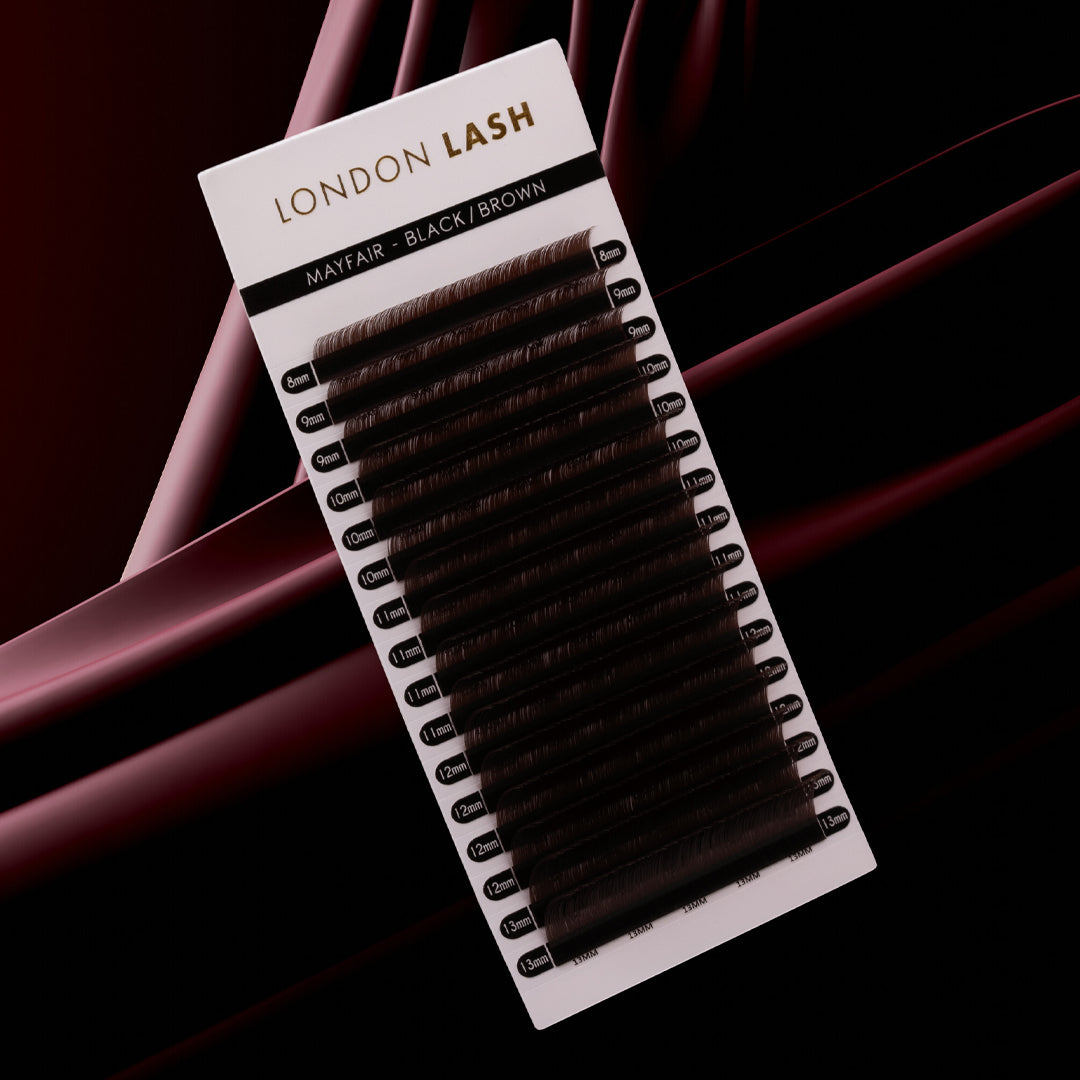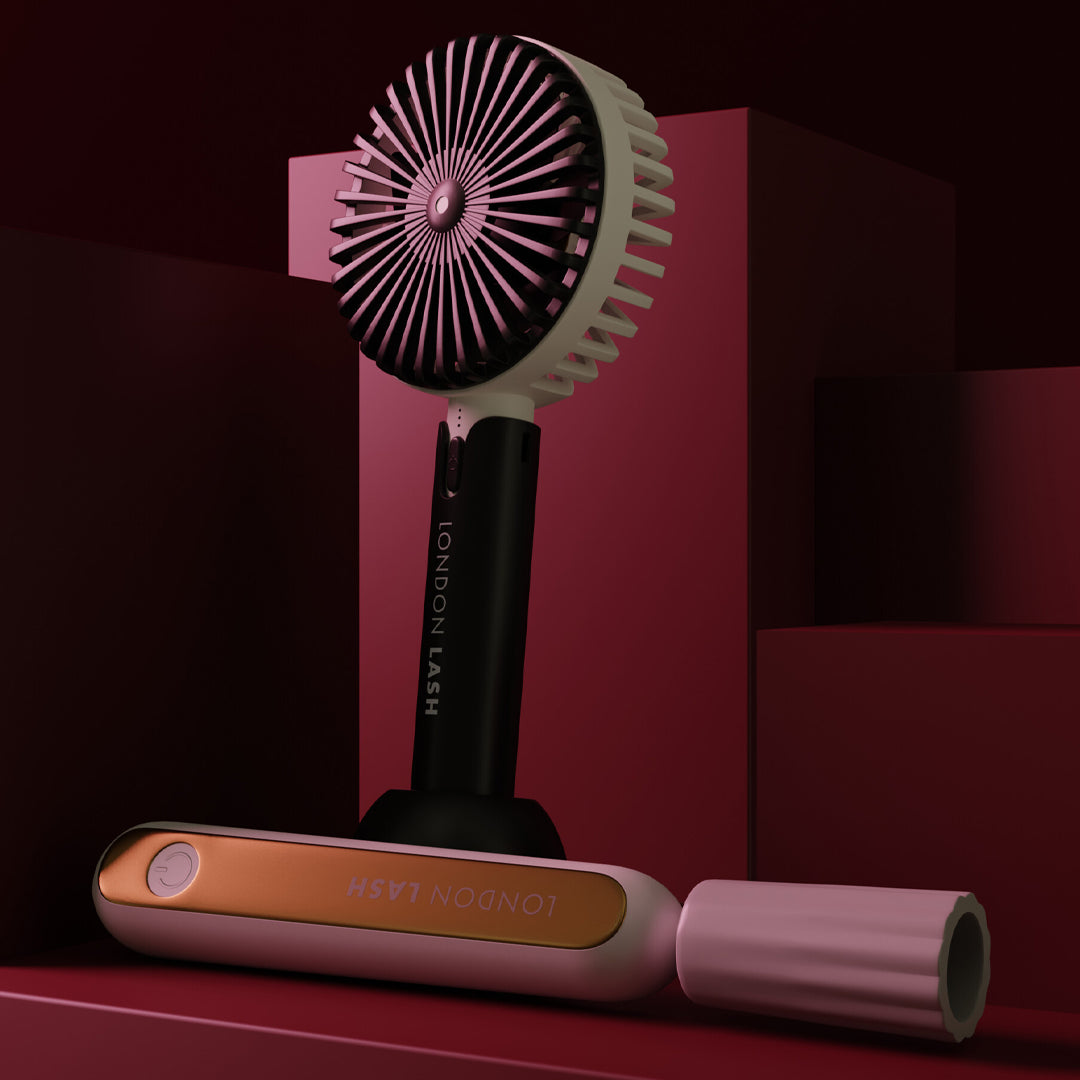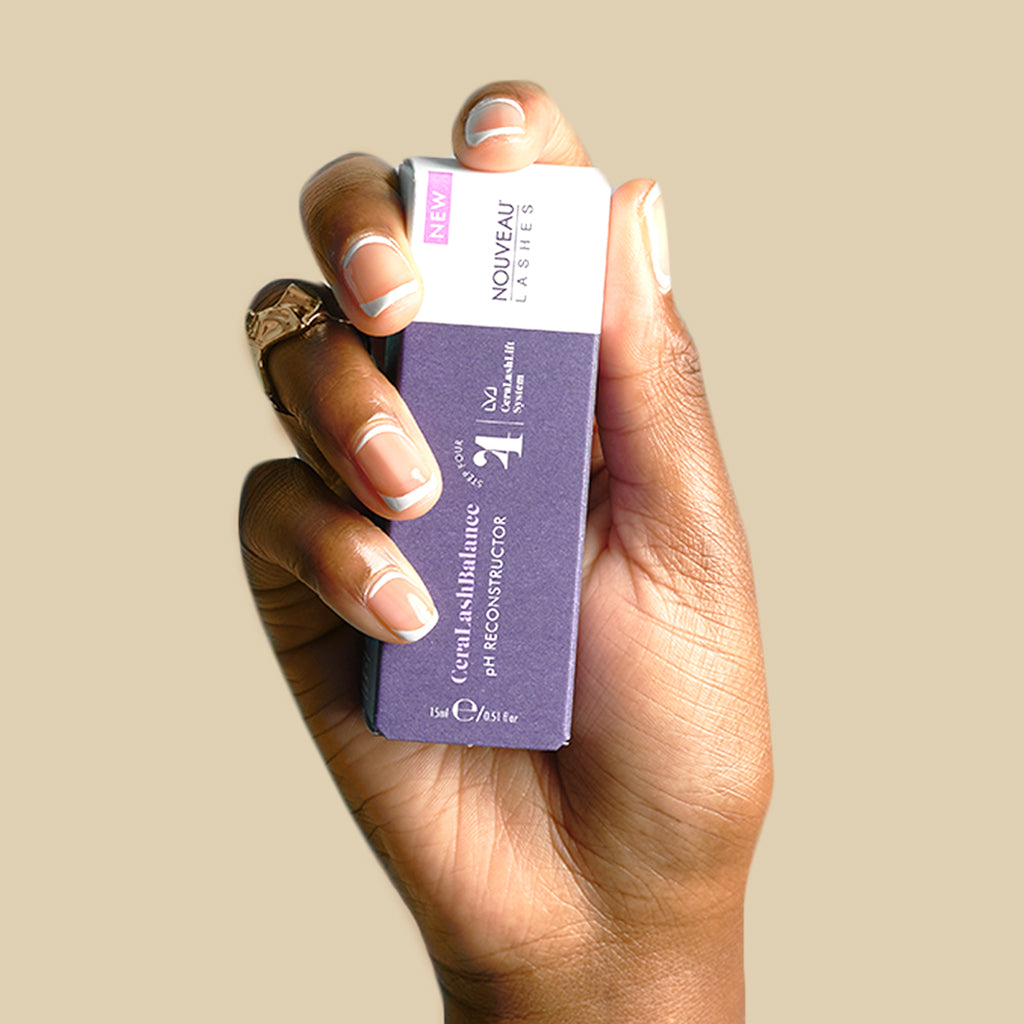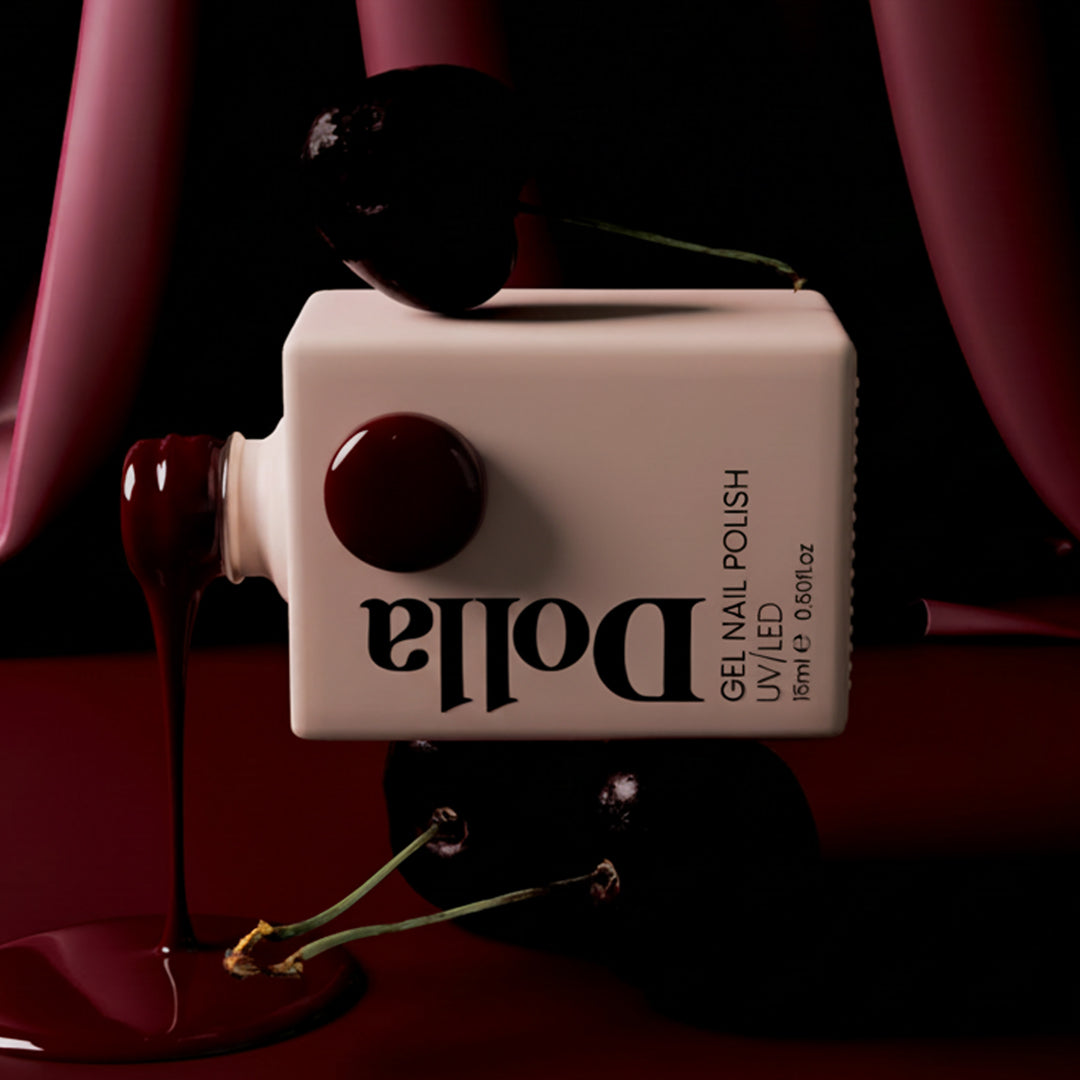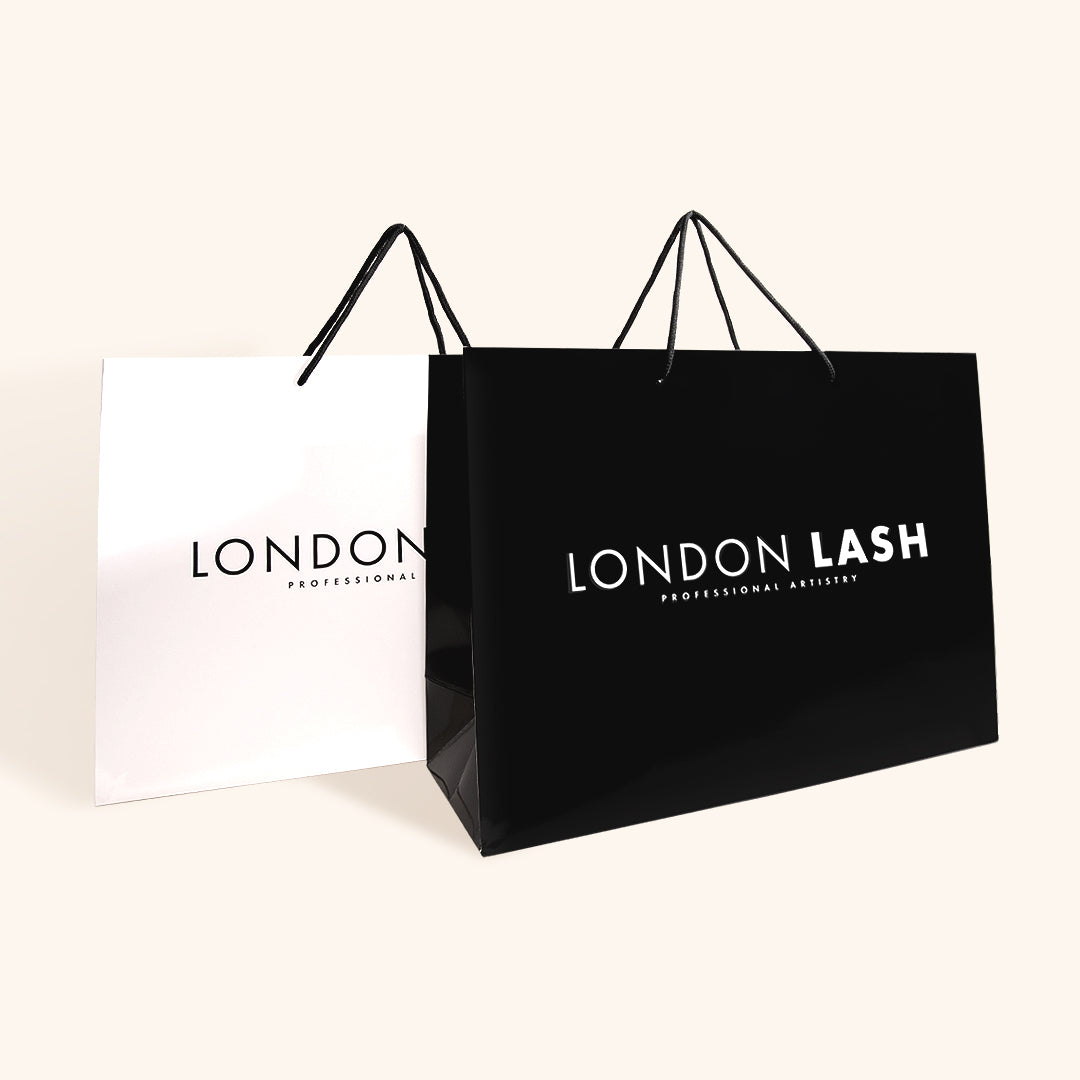New In
Glues & Liquids
Lashes
LASH LIFT
Dolla Nails Pro
Online Training
Save up to 57% off
Is Faster Lash Glue Really Better?
October 17, 2024 2 min read

Speed vs. Strength: Why Fast-Drying Lash Glue is Only as Effective as Your Application Pace
Whether you’re new to the lash world or a seasoned lash tech, you’ve probably heard someone ask for the fastest-drying, strongest lash glue, thinking it’s the secret to lightning-fast lash sets that last forever. Now, imagine how often we get that question—especially as we’re about to celebrate London Lash’s 10th anniversary!
But here’s the truth: fast-drying glue doesn’t always equal the strongest bond. Let’s dive into why.
Fast = Strong?
In some ways, yes. The ingredient that makes lash glue fast is cyanoacrylate—the same one that gives you a strong bond. So, the more cyanoacrylate in your eyelash glue, the faster it dries and the stronger it can be. But, there’s a little more to it…
The Role of Humidity
Cyanoacrylate reacts with moisture, which is why your eyelash extensions glue cures faster in high humidity. Temperature plays a role too, but changes in humidity can be harder to notice. That’s why we always recommend investing in tools like a Glamcor Light or a digital hygrometer, and it’s why we insist on checking your room’s temp and humidity before suggesting the best glue for your lash style, whether it’s classic lash extensions or volume eyelashes.
Every glue has an ideal temperature and humidity range to dry at its best speed. If the humidity’s too high, even your fastest glue will cure too quickly, and that’s not great news for strong bonds.
Fast ≠ Always Strong
Here’s the catch: the quicker a glue dries, the more brittle the bond can become. If it cures too fast—like when the humidity is high—you might notice that dreaded white residue (shock polymerization). And let’s not forget, if you’re using glue that’s too fast for your placement speed—whether you're working with classic lashes or hybrid lash extensions—it might start drying before the extension reaches the natural lash. That means weak bonds, even if you’ve got flawless room conditions and perfect prep.
Know Your Speed
Instead of reaching for the fastest glue, time yourself as you dip and place the extension. This way, you’ll know which glue works best for your speed and style.
The strongest glue isn’t necessarily the fastest. It’s the one that works with your room conditions, lash extension styles, and placement speed. As tempting as it is to go for that ultra-fast glue, it’s not worth losing clients if it doesn’t match your pace.
Subscribe
Sign up to get the latest on sales, new releases and more …
